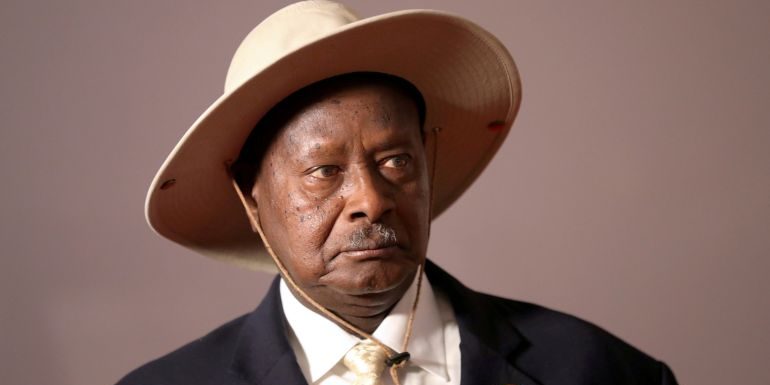Uganda’s President Yoweri Museveni has signed a tough new anti-gay legislation into law, despite widespread condemnation from human rights activists and foreign governments. The law, known as the Anti-Homosexuality Act 2023, does not criminalize those who identify as LGBTQ, addressing a key concern of campaigners who criticized an earlier draft as a violation of human rights. However, the new law still imposes the death penalty for “aggravated homosexuality, which includes sexual relations involving individuals infected with HIV, minors, and other vulnerable people. Attempted aggravated homosexuality can lead to imprisonment for up to 14 years.
The law, which builds upon an existing colonial-era law criminalizing sexual activity “against the order of nature.” has drawn strong criticism from various quarters. The United States warned of economic consequences, with Amnesty International describing the legislation as “draconian and overly broad.” International leaders from organizations such as the U.N. AIDS program, the U.S. President’s Emergency Plan for AIDS Relief, and the Global Fund expressed concerns about the law’s detrimental impact on public health and the HIV response in Uganda. Reduced access to prevention and treatment services for LGBTQ individuals has already been observed due to increased stigma and discrimination.
President Joe Biden denounced the law, calling it a “tragic violation of universal human rights” and calling for its immediate repeal. He stated that the law not only jeopardizes economic growth but also affects U.S. engagement with Uganda, potentially leading to sanctions and restrictions on entry to the United States for those involved in serious human rights abuses or corruption.
The enactment of the Anti-Homosexuality Act in Uganda adds to the list of anti-LGBTQ laws on the African continent, where homosexuality remains criminalized in more than 30 out of 54 countries. Uganda has witnessed a surge in anti-gay sentiment, partly fueled by recent news coverage alleging sodomy in boarding schools. The decision by the Church of England to maintain a ban on church weddings for same-sex couples while allowing priests to bless same-sex marriages and civil partnerships also stirred controversy in Uganda and other African countries.
Human rights organizations and LGBTQ rights groups worldwide have condemned the law, calling for its repeal. Some LGBTQ individuals have fled Uganda, while others have gone into hiding to avoid persecution. Frank Mugisha, head of the banned group Sexual Minorities Uganda, suggests that the government should prioritize addressing gross human rights violations, democracy, corruption, and other societal challenges instead of targeting LGBTQ individuals.
By Ian Kamsa

